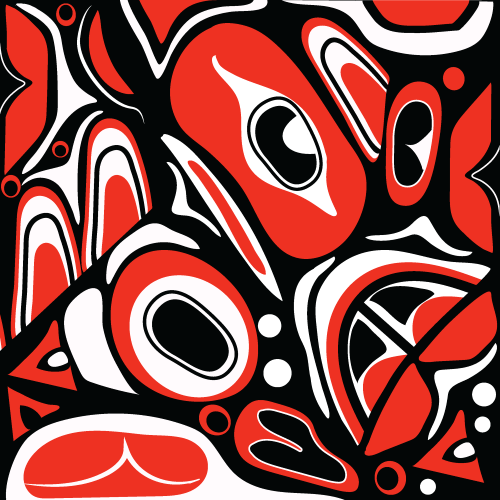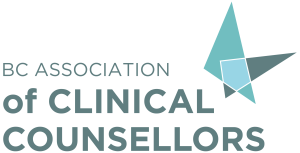Confronting past and present practices has surfaced many facts — Truths — that the general Canadian population was not aware of, but that Indigenous Peoples have always known. It is incumbent upon all of us to become aware of the findings and recommendations from the Truth and Reconciliation Commission Report, which offers 94 calls to action.
Specific to British Columbia, the Minister of Health conducted a review of Indigenous-specific racism in the provincial health care system which resulted in the report In Plain Sight: Addressing Indigenous-specific Racism and Discrimination in B.C. Health Care. This report is being considered by the rest of Canada. The reports, while powerful in their own rights, were made even more gut-wrenching with the May 2021 confirmation of the remains and unmarked graves of 215 children in Kamloops. This number continues to grow with new confirmations across multiple sites of former residential schools.
September 30, 2021, marked the first National Day for Truth and Reconciliation, which was proposed by the Truth and Reconciliation Commission as one of its 94 calls to action. This day honours the survivors of the residential school system, their families, and communities. The staff of BCACC used that day to reflect on what actions it can undertake to make a meaningful difference and called on its membership to do the same. Part of this reflection has led BCACC to witness actions and commitments by others in the health sector and, more specifically, in the mental health area, which are very encouraging and can also serve as a call to action for BCACC. The chief executive officers of the British Columbia College of Nurses and Midwives, the College of Pharmacists of British Columbia, the College of Dental Surgeons of British Columbia, and the College of Physicians and Surgeons of British Columbia have issued an apology statement in response to the In Plain Sight report. Eleven other health profession colleges signed a statement of apology for Indigenous racism in BC health care. The American Psychological Association (APA) passed three resolutions acknowledging and apologizing for APA’s role in promoting and perpetuating racism and racial discrimination in the United States.
As the leading association of clinical counsellors in British Columbia with a membership of more than 5,800 mental health professionals, we have a responsibility to rise to the calls to action within the Truth and Reconciliation Commission Report.
How BCACC is Taking Action
Here’s how BCACC is taking action towards reconciliation:
- BCACC has created workshops for clinical counsellors and allied health professionals to enhance their ability to provide cultural safety for Indigenous Peoples. Courses include Mobilizing Cultural Safety and Humility in Professional Practice taught by Len Pierre, Educator and Indigenous Cultural Safety Coordinator and Working with Cultural Diversity in the Therapeutic Setting taught by Dr. Myrna Lashley, McGill University
- BCACC has engaged with the First Nations Health Authority (FNHA) to increase the number of Registered Clinical Counsellors (RCCs) providing services to FNHA as there is a lack of available providers
- BCACC has created a standard on Indigenous Cultural Safety, Cultural Humility & Anti-Racism Standard
- BCACC introduced the Joan Campbell Award in 2021 to increase Indigenous and other under-represented groups amongst our membership
- BCACC’s new Entry to Practice Competency Profile for RCCs in British Columbia includes content that has an Indigenous-specific focus
- BCACC is continuing this work to look at how its other policies may be revised to integrate and consider an Indigenous-specific context
This is just the beginning, and much more work needs to be done.



